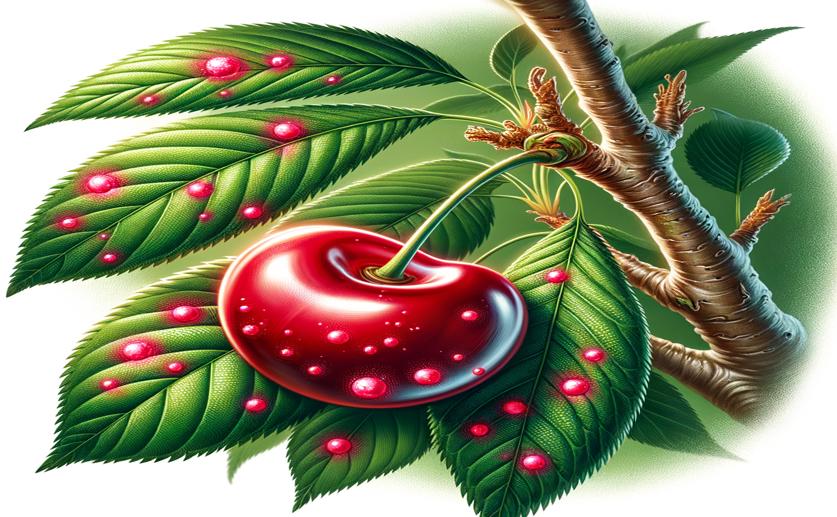
Natural Silver Particles from Sweet Cherries to Combat Cherry Spot Disease
Jenn Hoskins
30th May, 2024

Image Source: Natural Science News, 2024
Key Findings
- Researchers from Shahid Bahonar University of Kerman studied sweet cherry crops to combat Alternaria disease
- They identified the CHM-4 isolate as the most harmful strain of Alternaria
- Silver nanoparticles (SNPs) synthesized from sweet cherry fruit kernel exudate effectively inhibited the growth of Alternaria fungi
- The use of SNPs offers a promising, eco-friendly solution to manage fungal infections in sweet cherries, potentially improving crop yields
AgricultureBiotechPlant Science
References
Main Study
1) Green synthesis of silver nanoparticles by sweet cherry and its application against cherry spot disease.
Published 30th May, 2024
https://doi.org/10.1016/j.heliyon.2024.e31508
Related Studies
2) Biogenic silver based nanostructures: Synthesis, mechanistic approach and biological applications.
3) Biosynthesized nanosilver as anti-oxidant, anti-apoptotic and anti-inflammatory agent against Plasmodium chabaudi infection in the mouse liver.
4) Synthesis and characterization of Hypsizygus ulmarius extract mediated silver nanoparticles (AgNPs) and test their potentiality on antimicrobial and anticancer effects.
5) Ecologically based methods for promoting safer nanosilver for environmental applications.



 22nd May, 2024 | Jim Crocker
22nd May, 2024 | Jim Crocker